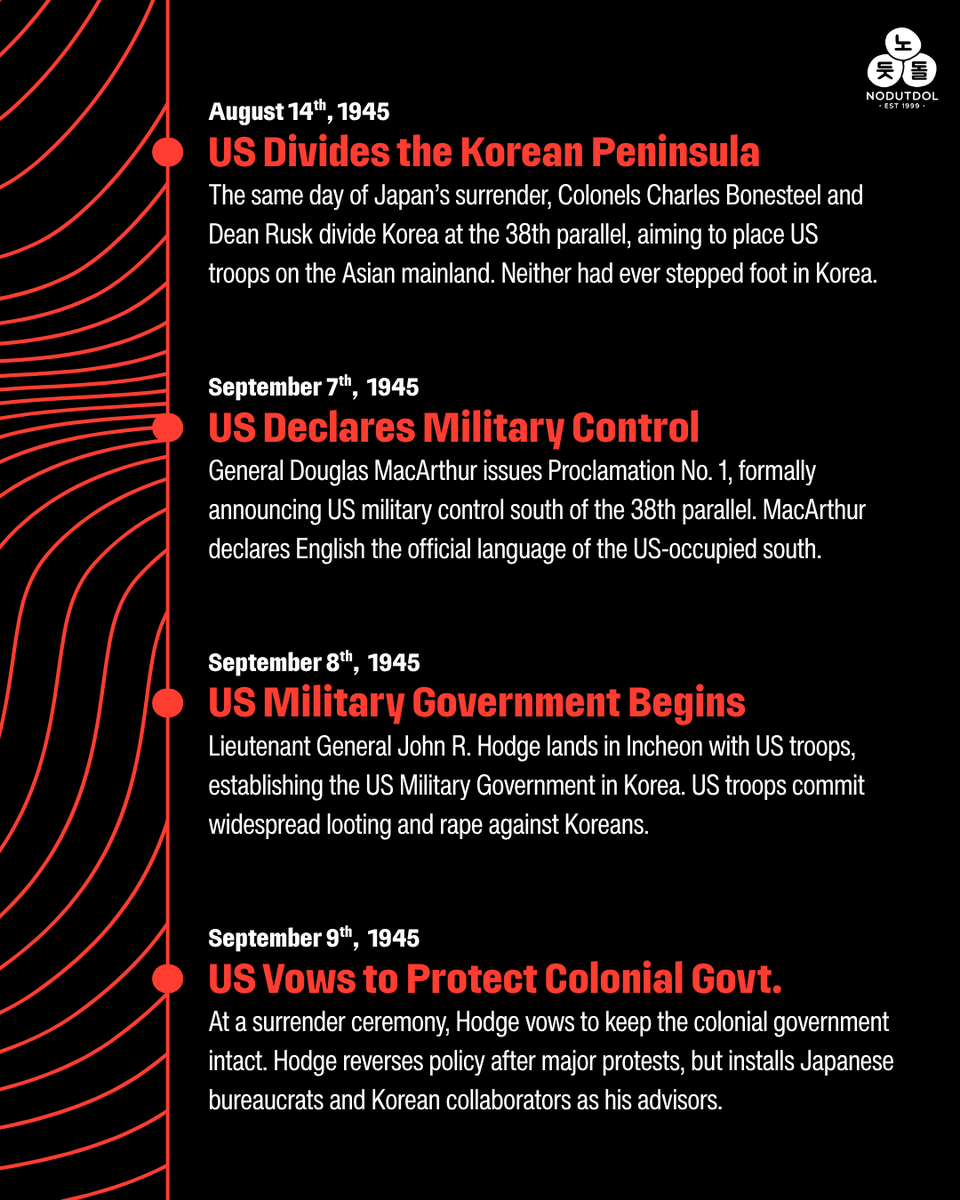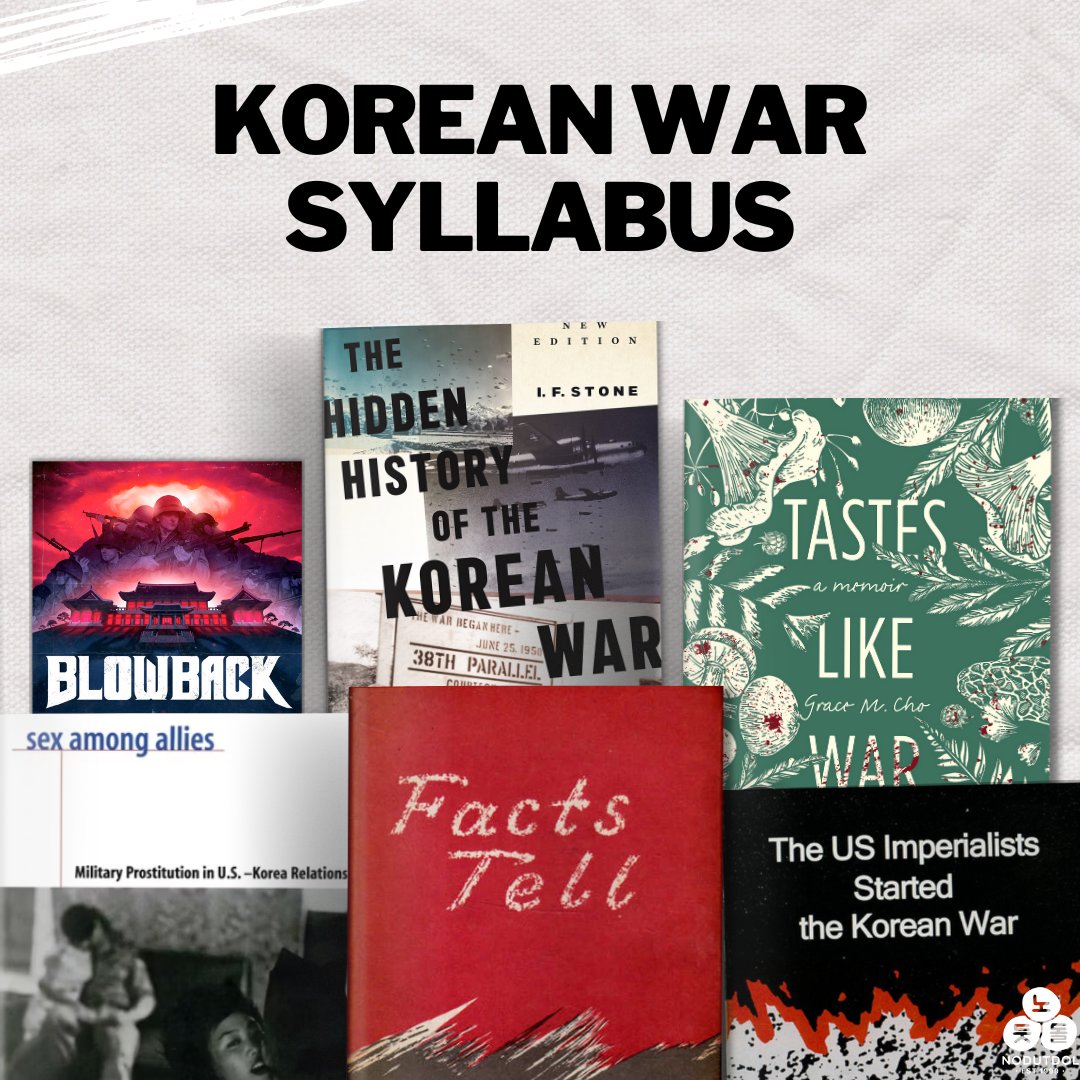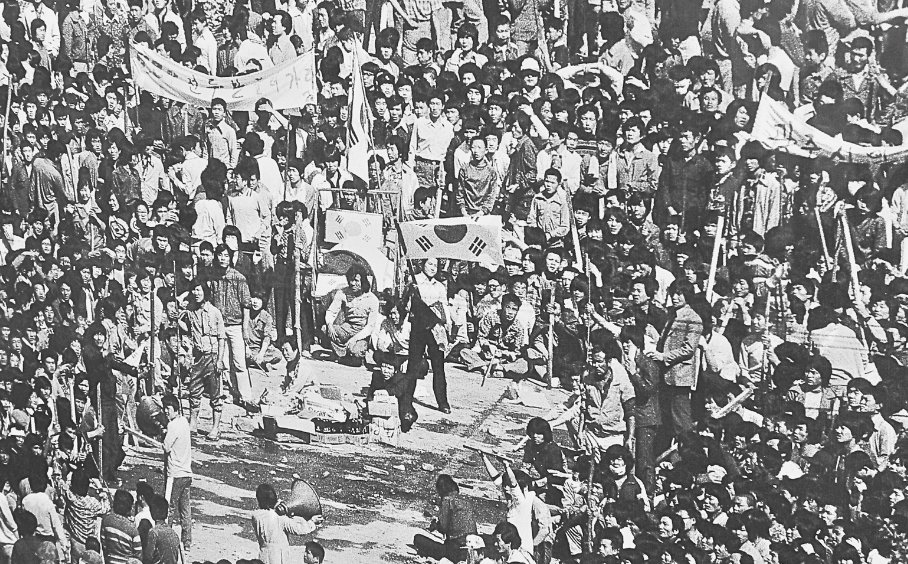The Taft-Katsura Agreement 🧵
In 1905, the US struck a deal with the Japan to recognize each other’s respective claims to Korea and the Philippines — thereby consenting to Japan’s later colonization of Korea from 1910-1945.
Pictured: Secret photocopies of the agreed memorandum.

In 1905, the US struck a deal with the Japan to recognize each other’s respective claims to Korea and the Philippines — thereby consenting to Japan’s later colonization of Korea from 1910-1945.
Pictured: Secret photocopies of the agreed memorandum.


The Taft-Katsura Agreement resulted from Japan and the US’ respective wars at the time: the Russo-Japanese War and the Spanish-American War. 

US Secretary of War William Howard Taft and Japanese Prime Minister Katsura Taro met in secret after the Russo-Japanese War to discuss the countries' foreign policies.
Taft claimed: “If left to herself after the war, Korea will certainly draw back to her habit of improvidently entering into any agreements or treaties with other powers...the establishment by Japanese troops...would directly contribute to permanent peace in the East.” 

Katsura (from Taft’s notes): “Japan’s only interest in the Philippines would be...to have these islands governed by a strong and friendly nation like the United States...and not have them placed...under the misrule of the natives." 

The Taft–Katsura Agreement completely violated the Joseon-US Treaty of 1882.
In Article I of the treaty, the US and Korea agreed to provide each other with mutual defense in case of aggression or attack from another power.
In Article I of the treaty, the US and Korea agreed to provide each other with mutual defense in case of aggression or attack from another power.

Commonly called the “seal of Korea’s death warrant”, The Taft-Katsura Agreement was a precursor to the later 1905 Japan-Korea Protectorate Treaty which led to Great Britain consenting to Japan's colonization of Korea under the guise of “protection”. 



Japan never colonized Asia on its own; it was always in tacit approval with other colonial powers who did not want to start a war.
Pictured: Japanese imperial army in Seoul.
Pictured: Japanese imperial army in Seoul.

As we look back on the Taft-Katsura Agreement, we turn to Lenin to remember that the transfer of power from one imperialist to another is the very nature of imperialism: 

The Taft-Katsura Agreement undermines the US myth of “liberating” Korea from Japanese colonialism—in reality, the US aided and abetted Japan’s colonization of Korea to protect its own interests in the Pacific.
Our colonizers have always been aligned with each other; it is up to us as oppressed peoples to be unified as well. Only with solidarity with the colonized people of the world can we move forward against our imperialist enemies.
• • •
Missing some Tweet in this thread? You can try to
force a refresh























